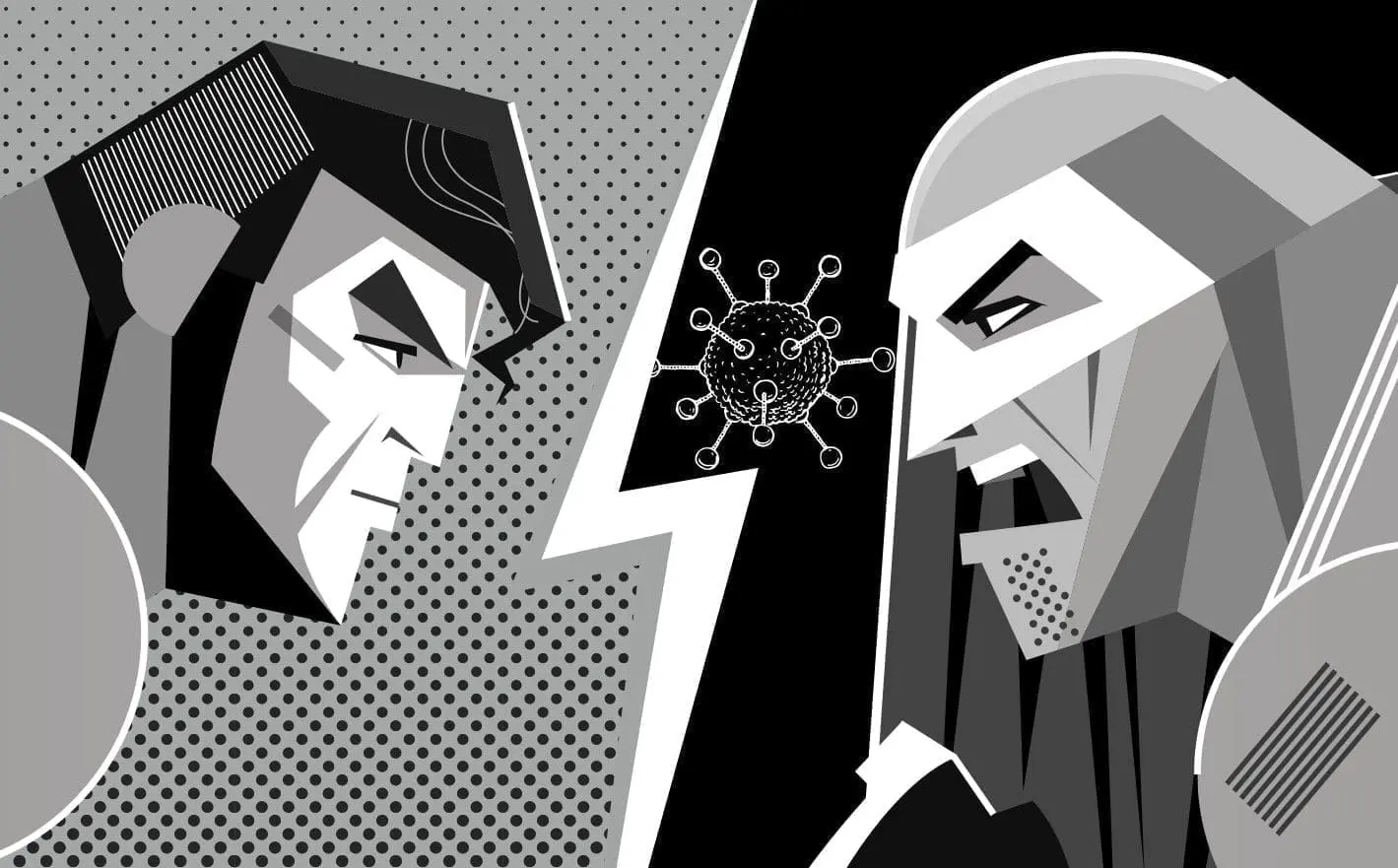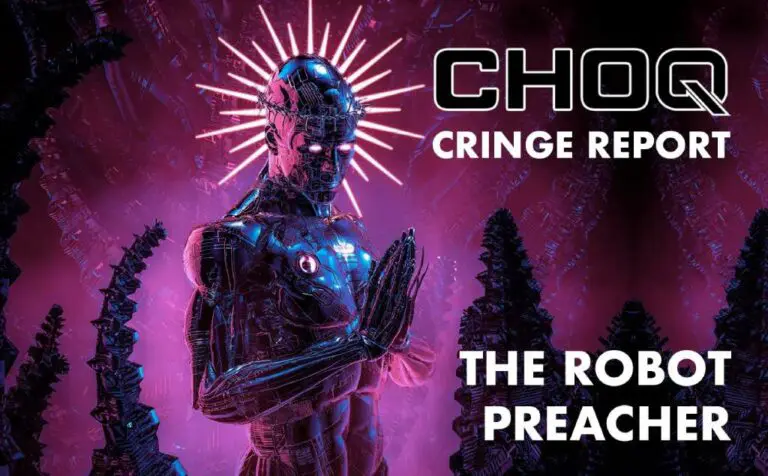“Be kind, for everyone you meet is fighting a hard battle.”
-Ian MacLaren
As the pandemic continues to move us into progressively deeper levels of transformational chaos, we’re all being asked to simplify, to clean house, to gently extrude those elements of our philosophies from the folds of our minds that are no longer functional and mark them for deletion.
2020 has been a year of exposure.
Not just in the sense that we’re all worried about being exposed to a killer virus, but also in the sense that more and more of what was previously stowed away in the basement of the collective unconscious is being brought to the surface, in particular a pervasive divisiveness, an us-versus-them mentality that seduces us into reactionary, black-and-white modes of thinking that demonize those in the other camp through a kind of lazy, self-serving oversimplification.
It’s insanely easy to find something to disagree on these days, as there’s a smorgasbord of wedge topics to choose from, and social media likes it this way because it’s able to retain us for longer periods of time when we’re suspended in the thrall of shock and outrage.
Sites like Facebook arm us with the ability to voice our opinions to total strangers (perhaps a cousin’s roommate), and—unencumbered by the emotional intensity that an in-person debate would engender—we’re free to take things to extremes.
For many, the online commons has become a “safe” space to purge all kinds of pent-up aggression, but is this healthy?
When we communicate over the internet, it’s all too easy to forget that the individuals on the other side of the interaction are living, breathing human beings who have their own delicate array of fears, loves, traumas, and hopes. In moments of judgment, we collapse their humanity into something infinitely smaller and easier to attack.
Then and only then, when we’ve reduced someone to a 300-pixel black-and-white straw man, can we unleash the full force of our burning need for tribal validation.
It’s understandable that we’re all fanning the flames of divisiveness right now more than usual. That’s how people tend to act when they’re incredibly stressed out. But it’s time to understand what we’re really up against. I would argue that this year, we’ve faced not one, but two incredibly destructive and exceptionally contagious viruses: one physical and one mental.
We’re not just dealing with the coronavirus. We’re also dealing with the Divisi-virus.
And, just as SARS-CoV-2 has the ACE2 receptor, by which it gains entry into our cells for replication, the Divisi-virus gains entry into our psyches through our sense of fear and panic. The more fearful and reactive we become, the more receptors we have for it to penetrate into our minds and take us over, inducing us to see things through its viral lens of judgment and polarization, to reduce those who disagree with us to mere caricatures.
So just how do we defend ourselves against this hitherto unknown pathogen of the mind?
Here are three suggestions for how to build your psychic immunity and reduce your chances of becoming a vector for the Divisi-virus.
#1: Reduce Your Social Media Use
Because we can’t see people in person the way that we used to, we’re relying on social media more than ever to connect to friends and family. One has to wonder how this has affected us psychologically, given how differently we tend to communicate online versus in person.
Social media is also addictive. By some estimates, as many as 10% of the US population may meet the criteria for social media addiction.
Platforms like Facebook and Instagram make use of the same kinds of dopamine reward circuitry that are activated by slot machines. We all have the need for approval. Likes and comments are the new cocaine. Remember: your attention is their primary resource, and thus these companies have gone to great lengths to create algorithms that create whichever emotions are most likely to keep you engaged.
It’s not about showing you the highest quality, most educational, most edifying content. It’s about showing you the most of whatever keeps you there.
People love sharing their opinions on these platforms because we all seek validation from like-minded individuals. We’re wired for tribalism. We all want to feel like we’re part of something, like we belong. The unfortunate byproduct of this need to belong is that we have to differentiate our tribe from ‘the others’.
Social media algorithms take advantage of our wiring by showing us content that produces strong emotions like outrage and disgust in order to keep us engaged. We unconsciously enjoy these experiences because they help us bond with other members of our tribe through shared values. The logic goes, “if we’re both disgusted by this thing that’s happening, then we’re on the same team and I’m not alone.”
This is just human nature. Of course we’re going to seek to be with like-minded people, but social media is artificially inflating these tendencies and thus fueling transmission of the Divisi-virus like nothing else.
This video by the Psychology of Technology Institute goes into detail on how social media encourages moral outrage in order to keep us scrolling:
If you want to get your outrage addiction under control, then deleting social media apps from your phone is a great place to start. Consider logging out entirely for at least a week or two. You’d be surprised how much mental clarity you gain when you do this (not to mention all the extra time for self-care activities like earthing and meditation).
#2: Watch Out For Limbic Hijacking
Stress makes us stupid.
Learning about how our nervous systems operate under conditions of stress can go a long way when it comes to making better decisions about what kinds of material to engage with. It can also make you more compassionate because it reminds you of how hard it can be to deal with life when your nervous system is out of balance.
In general, viruses tend to feed on our stress response, and the Divisi-virus is no exception.
Limbic hijacking (also called amygdala hijacking) is the process by which a stimulus can suddenly shift our neurophysiology away from a calm, rational mode of operation and into a survival-based mentality via the activation of the limbic system. The amygdala is an ancient part of the brain that’s especially involved in strong emotions such as aggression, fear, and anxiety. It’s also part of our threat assessment circuitry.
When you perceive something as a potential threat, the amygdala will begin to activate the fight-or-flight response. Your higher reasoning centers—your frontal lobes—can then override the amygdala and ensure that your response is relatively rational, calm, and well-reasoned.
However, if the stimulus is strong enough, your amygdala’s response will prevail, and your brain will then shift into panic mode. Your amygdala has thus hijacked your frontal lobes. At this point, you’ll be governed more by fear and the need to survive than by reason. Rationality will go out the window as your body is flooded with adrenaline and cortisol and your blood vessels constrict.
According to psychologist Daniel Goleman, who coined the phrase, a limbic hijack typically has the following 3 signs:
- Intense emotional reaction
- Rapid onset
- A realization that the reaction was inappropriate after the fact
Stress hormones are powerful stimulants. In many ways, we live in an adrenaline-addicted society. We love caffeine, amphetamine, and all manner different drugs that elevate adrenaline. It stands to reason then that our need to be outraged, our need to point the finger at ‘the others’, is in part fueled by this addiction.
Again, social media is extremely adept at pushing our buttons neurologically. Have you ever made an angry comment on a post that infuriated you, only to delete it later when you realized it was over the top? You were probably hijacked by your amygdala.
Sometimes the hard battle that others are fighting is a neurological one. Next time you’re quick to point the finger at ‘the enemy’, ask yourself: “have we both been hijacked?”
#3: Actively Cultivate Compassion
One thing that most people can agree on despite their religious, political, and philosophical beliefs is that the world would be a better place if we were all a bit more compassionate.
Nothing gets us out of the mindset of judgment and divisiveness faster than remembering the suffering of those who we would judge.
Ever been in the following situation? Your partner has had a terrible day and comes home dejected and in dire need of support, but so have you. Which one is the helper, and which one is the patient? The answer: you’re just going to have to take turns because you’re both fighting a hard battle.
The challenges we’ve faced this year are immense. It’s crucial that we do our best to remember that—even though not everyone displays it openly—most of us are dealing with massive doses of stress and doing our best to navigate an unprecedented situation characterized by mountains of fear and uncertainty.
Done right, compassion is bidirectional. In other words, self-compassion and compassion for others go hand-in-hand.
Incidentally, there’s an entire institute dedicated to studying compassion scientifically. The Sanford Institute for Empathy and Compassion is a newly founded organization at UC San Diego whose purpose is to explore the neuroscience underlying empathy and compassion, with the goal of learning how to better trigger such states. They’re a new institute and so haven’t generated much data yet, but it’ll be fascinating to see what they come up with in the coming years.
Psychic Immunity is More Important than Ever
We’re all obsessed with the immune system now, and for good reason. But we’d be remiss if we didn’t also take into account the need to defend ourselves against the various viruses of the mind. In the digital age, ideas spread like wildfire. We use the term ‘going viral’ like it’s going out of style for a reason.
A new era of informational hygiene is upon us, one in which we must be far more aware of the kinds of media that we consume. Most of us are aware of the dangers of eating large amounts of junk food, but how many of us are still indiscriminately consuming all kinds of information with minimal consideration about its effects on our health?
Unplug. Go out into nature. Meditate on the higher virtues like compassion and tolerance. Become more aware of what it feels like to be taken over by an emotion. Reflect more on what’s the same in all of us, what connects us through our common humanity. Make it a point to see yourself in the other.
If you do these things, then the Divisi-virus doesn’t stand a chance.






